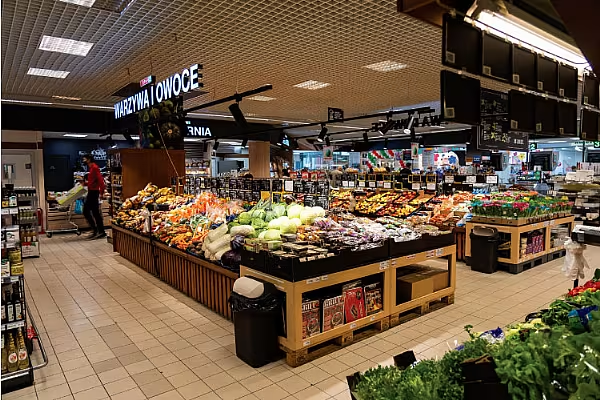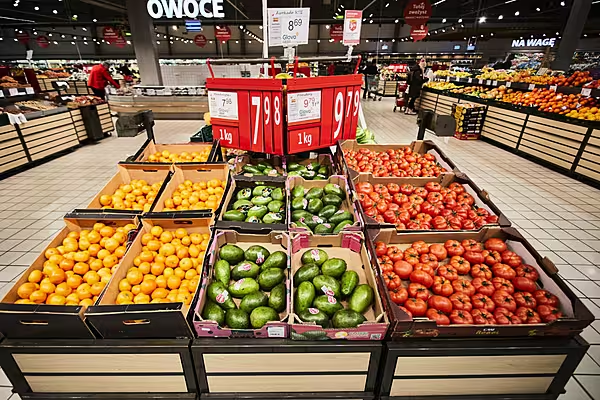SPAR Group's decision to sell its Polish business "will be a weight off the minds of head office", a retail analyst has said, enabling the South Africa-based retailer to focus on its operations in other markets.
Joe Dawson, retail analyst at GlobalData, was commenting following the announcement of SPAR Group's full-year results, in which the business reported turnover growth of 10.1%, driven by high food inflation.
Operating profit was down 47.0% year-on-year, however, to R1.8 billion (€88.5 million).
“SPAR’s FY2023 results were an unsurprising disappointment, as a decline in operating profits due to significant issues in numerous regions offset sales growth, leading to the decision to not declare for a final dividend for the year," Dawson commented.
Profit Impact
Among the issues cited by the group were software implementation challenges at its KwaZulu-Natal (KZN) distribution centre, while it also noted that the impairment of goodwill and intangible assets associated with SPAR Poland 'significantly impacted overall profitability'.
Commenting on its decision to sell the Polish business, which was announced earlier this year, Dawson added, "The withdrawal of SPAR from Poland has been well documented and signals the end of a struggling venture that saw continued losses as the retailer failed to cater to the needs of consumers facing significant financial pressures."
Across The Divisions
In its SPAR Southern Africa division, the group reported an increase in turnover of 5.1%, while in Ireland and South West England, its BWG Group business saw turnover rise 8.1%. In Switzerland, turnover was down 3.3%.
"The group will need to focus on maintaining low prices if it is to gain market share in the UK and Ireland in coming years, as the convenience sector becomes more price competitive, for instance through the expansion of the Asda Express network," Dawson added.
"Switzerland presented a challenging inflationary environment as price-conscious consumers sought out the lowest prices at discounters and across borders."











